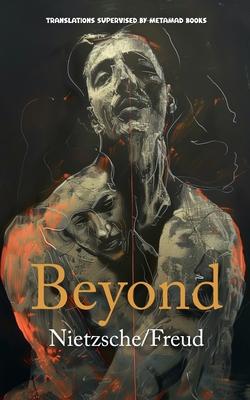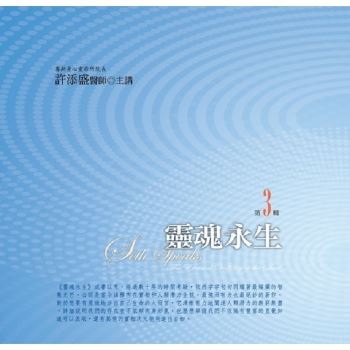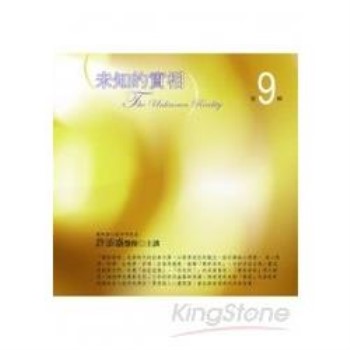MetaMad Book’s Philosophical Pairings series tries to pair translations of interesting works.
The genesis of this translation effort was my idea of having Beyond Good and Evil and Beyond the Pleasure Principle back to back in one book. If you do not immediately see why this would be cool or useful, then maybe this book is not for you.
The second factor or perhaps we could say, the efficient cause, was my access to deepl.com’s translation services. There, for a reasonable fee, I am able to indulge my passion in making books by generating full book translations as gist to my publishing addiction.
Now I can just hear "Oh my God, this is a book of philosophy translated by a machine? This is more of that AI rubbish?" and similar refrains. Well, yes, this is mainly a machine translation. But before you record a vitriolic rant and upload it to YouTube hashtag #booktok, about how horrible the translation is, without having actually read it, let’s just talk about that.
Translation is a magical act. It is a Harry Potter wave a wand kind of thing to the casual observer, but an effort of pure drudgery to the scrivener. And yes, it is a thing of beauty if done with finesse. But what about the bias of the translator? What about the desire to impress and illuminate by finding the bon mot, when in fact there may be no perfect translation? Is translation of a book like the ones Nietzsche wrote even in truth possible?
From the philosophical point of view, we can make the argument that the one place where a machine translation might be really useful is indeed philosophy: because a machine translation will lack bias; or perhaps more accurately, it will have a predictable machine bias. That’s a very different qualitative filter than a human (and possibly unconscious) bias.
In short, if a machine can translate a text with a neutral process, there is a chance we can then assess what it says without fear of another person getting in the way: I am speaking of the translator herself.
This slim volume contains American english translations of two criticially important works of modern thought.Relish them in one volume!












